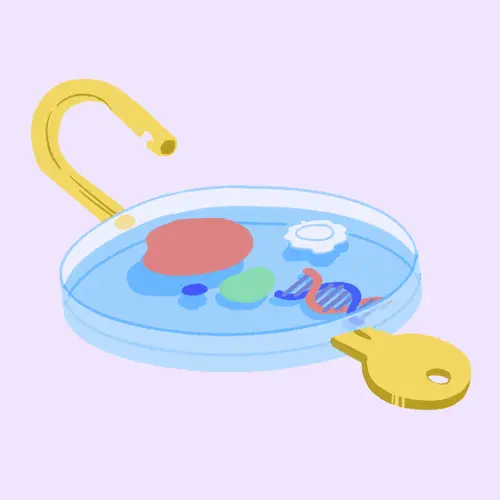You’re buried beneath a mountain of tissues and can barely keep your eyelids open after a dose of allergy meds. You remember hearing that small amounts of local honey can help keep sniffles at bay. Does it work?
Theory vs. Practice
The idea that honey can prevent allergies is based on a concept called immunotherapy. The theory makes sense, but there are problems.
It boils down to this, says allergist Neeta Ogden, MD: You get a tiny amount of the thing you’re allergic to, which can make you less sensitive to it.
Over time and with bigger doses, your body builds up immunity to the allergen. It’s the same idea behind allergy shots.
Some people think eating local honey works the same way because it contains pollen. One issue with that theory: There’s no way to know exactly what’s in your honey. “With immunotherapy, we isolate the exact allergen patients are allergic to,” Ogden says.
And there’s a bigger problem: You’re probably not allergic to the pollen found in the honey. “It’s a big misconception that insect-borne pollen from flowers has something to do with allergies,” Ogden says. “It doesn’t.”
Not the Allergen You’re Looking For
Pollen from weeds, trees, and grasses is the leading cause of seasonal allergies. Wind usually whips the yellowy dust from these plants into the air.
Bees, which make honey, tend to pick up pollen from brightly colored flowers. Pollen from these blooms rarely causes allergies.
So even if local honey contains pollen, it’s unlikely that it’s behind your allergy symptoms, Ogden says.
Doctors have researched the issue. Their findings: Honey doesn’t work. One study had people with allergies eat 1 tablespoon of local honey per day. Their symptoms didn’t get better -- not even compared to folks who didn’t down any of the sticky stuff.
Honey Has Health Risks
When people talk about eating honey to prevent allergies, they don’t mean the kind at the supermarket that comes in a plastic bear. It’s often local, unprocessed honey. And it can have some pretty nasty stuff in it, from bee parts to mold spores and bacteria. These things are usually removed during commercial processing.
It’s rare, but eating unprocessed honey can cause a serious allergic reaction. You might have itching, hives, or swelling of your mouth, throat, or skin. The culprit: pollen or bee parts in the unprocessed honey.
“One of the reasons I never recommend unprocessed honey for allergies is because someone may be allergic to it and not even know,” Ogden says. “I worry about local honey that hasn’t been processed or tested.”
And if you’re allergic to bees, it’s possible unprocessed honey could contain some bee venom and cause a severe reaction, Ogden says.
Honey Can Help
While local honey isn’t a cure-all for your allergies, research shows that processed honey can help with other symptoms. You’ve probably heard it praised as a cough remedy. One theory is that it has antioxidants that help fight viruses.
“Honey also helps soothe the irritation in your throat that causes you to cough,” Ogden says.
Whether you add it to your tea or share some with your kid, keep in mind that it isn’t safe to give children younger than 12 months old. It contains a toxin that can lead to a dangerous condition called botulism. It’s especially serious in infants.
